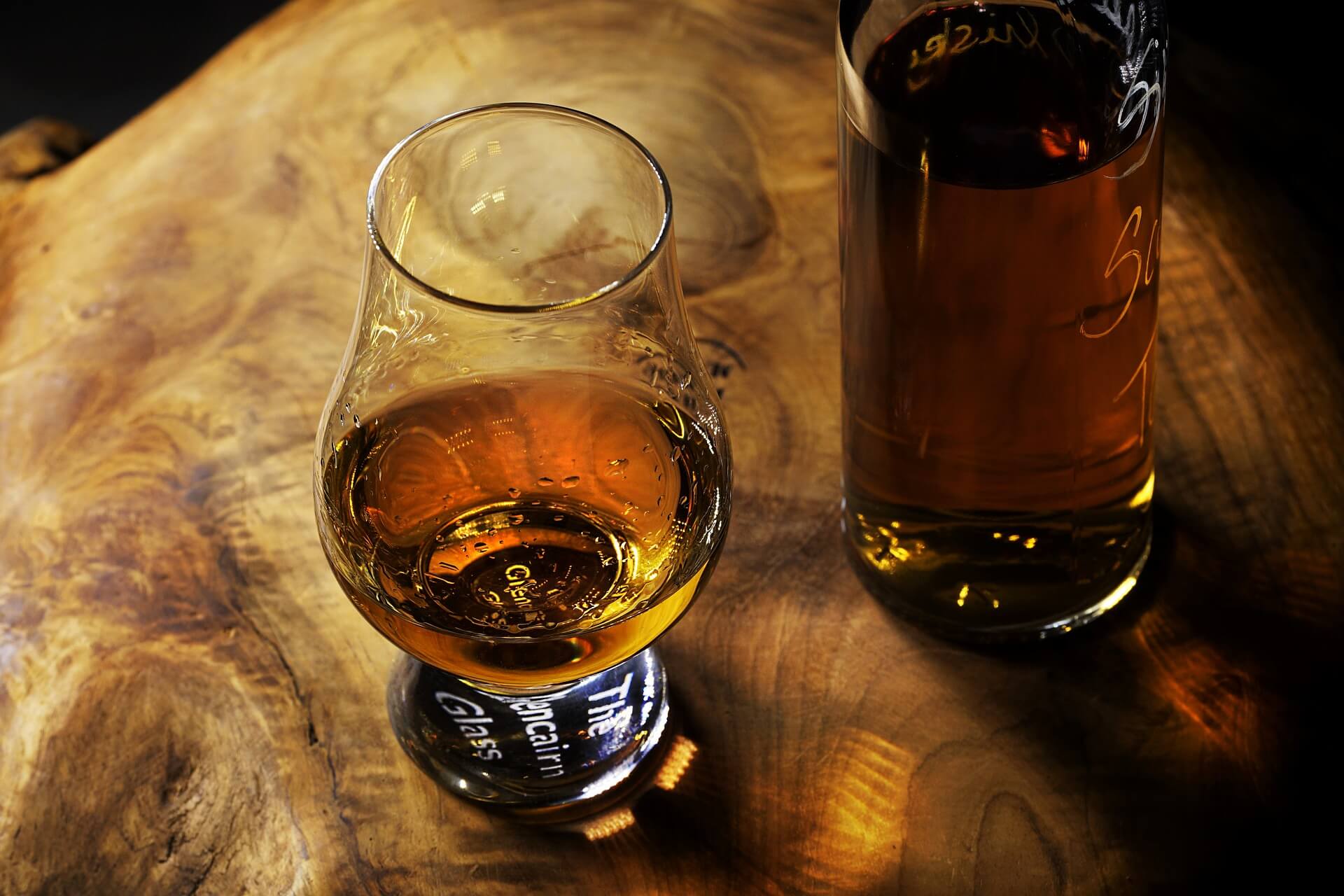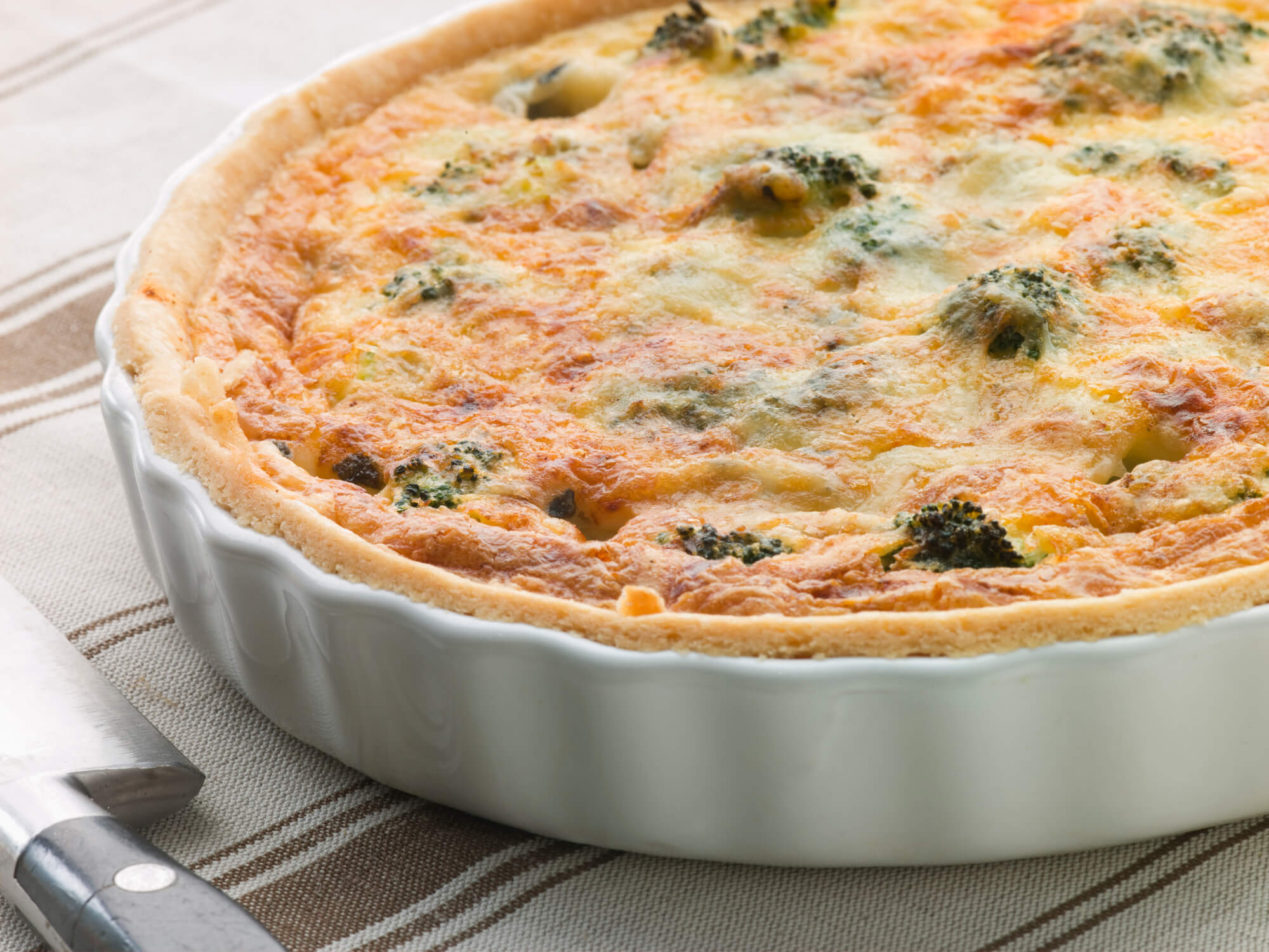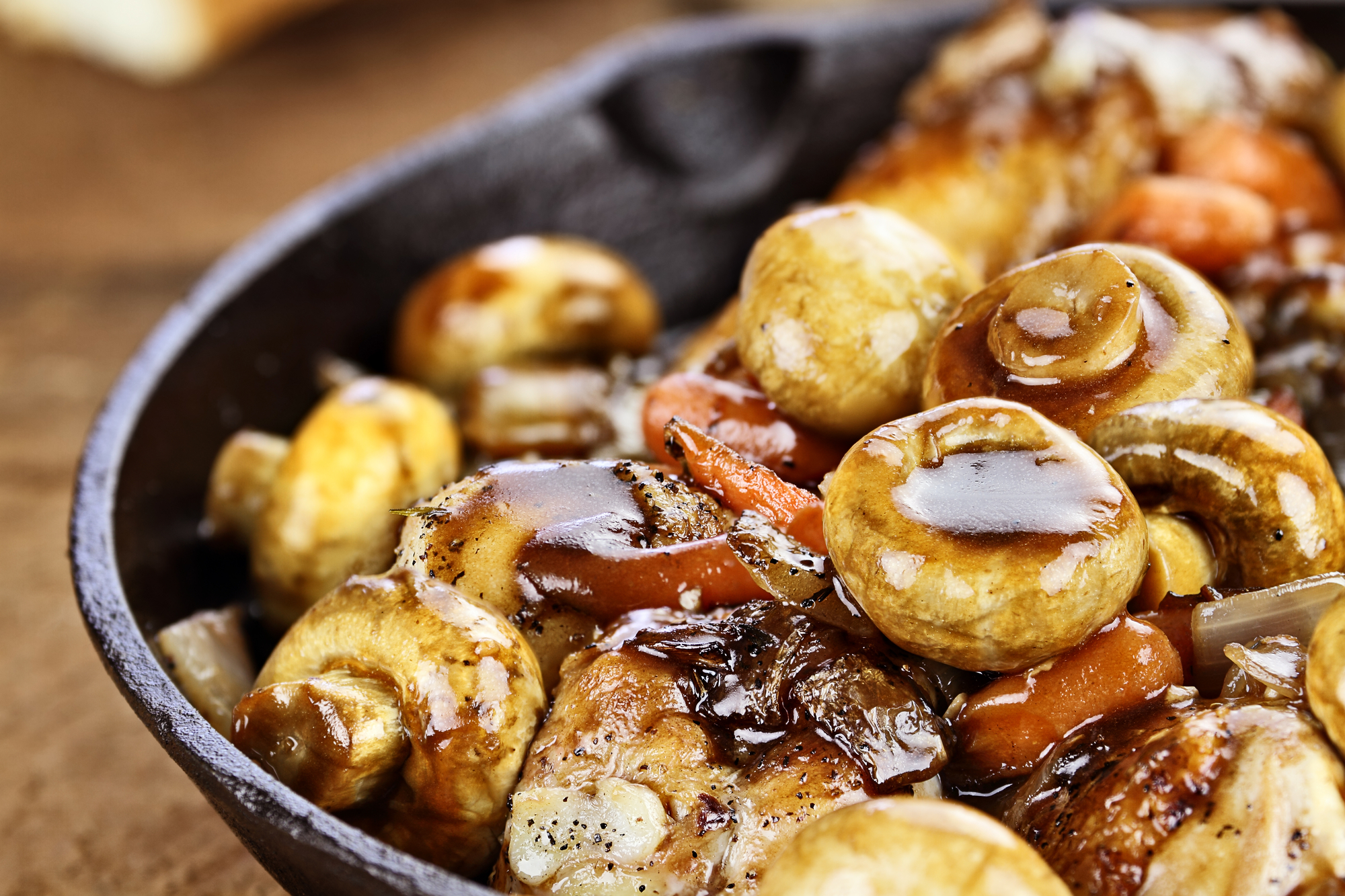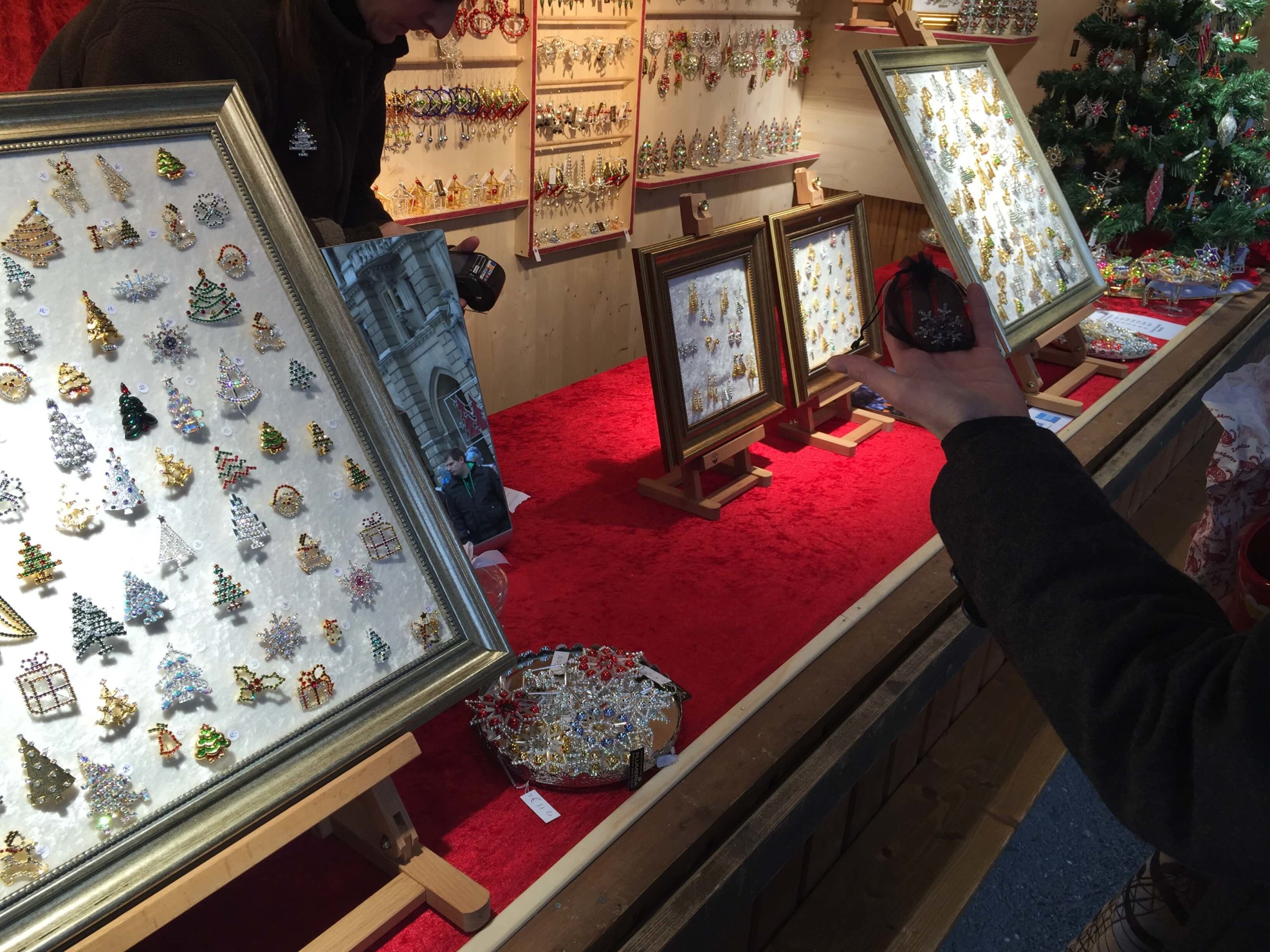France is a country with high levels of sophistication in the kitchen, as well as behind the bar. The origins of mixology in France can be traced back to the late 19th century, when the country was experiencing a resurgence of interest in cocktails. This was due in part to the influence of American culture, which had brought new and exciting drinks to the country. At the same time, the rise of the Parisian café culture also played a role, as these establishments became popular gathering places for artists, intellectuals, and other members of the social elite.
One of the most influential figures in the early history of mixology in France was a man named Jerry Thomas. He was an American bartender who moved to Paris in the 1850s and opened a bar called The American Bar. Thomas was known for his inventive and creative cocktails, and he quickly became a popular figure in the city’s café scene. His book, “The Bar-Tender’s Guide,” published in 1862, was the first cocktail recipe book and it was popular in both Europe and the US.
Another significant figure in the history of French mixology was Harry MacElhone, a Scottish bartender who moved to Paris in the late 19th century and opened his own bar, Harry’s New York Bar. MacElhone was known for his skillful mixing of spirits and his ability to create delicious and innovative cocktails. He was also a popular figure in the Parisian café scene, and his bar became a destination for tourists and locals alike.
During the early 20th century, mixology in France continued to evolve, as new ingredients and techniques were introduced. One of the most significant developments during this period was the rise of the aperitif. An aperitif is an alcoholic drink consumed before a meal to stimulate the appetite. These drinks became popular in France in the 1920s and 1930s, and they continue to be an important part of French culture today.
As the 20th century progressed, mixology in France continued to evolve and change. During the 1950s and 1960s, the popularity of Tiki drinks such as Mai Tai and Zombie increased, and French bartenders began to incorporate tropical ingredients and flavors into their cocktails. In the 1970s and 1980s, the popularity of wine and champagne cocktails increased, and French bartenders began to experiment with different ways of mixing these drinks.
Today, mixology in France is a sophisticated and diverse art form. French bartenders continue to innovate and experiment, creating new and exciting drinks that push the boundaries of what is possible. They use traditional techniques, such as muddling and shaking, and also modern techniques like foaming and smoking, to create unique and delicious cocktails.
French Cocktails
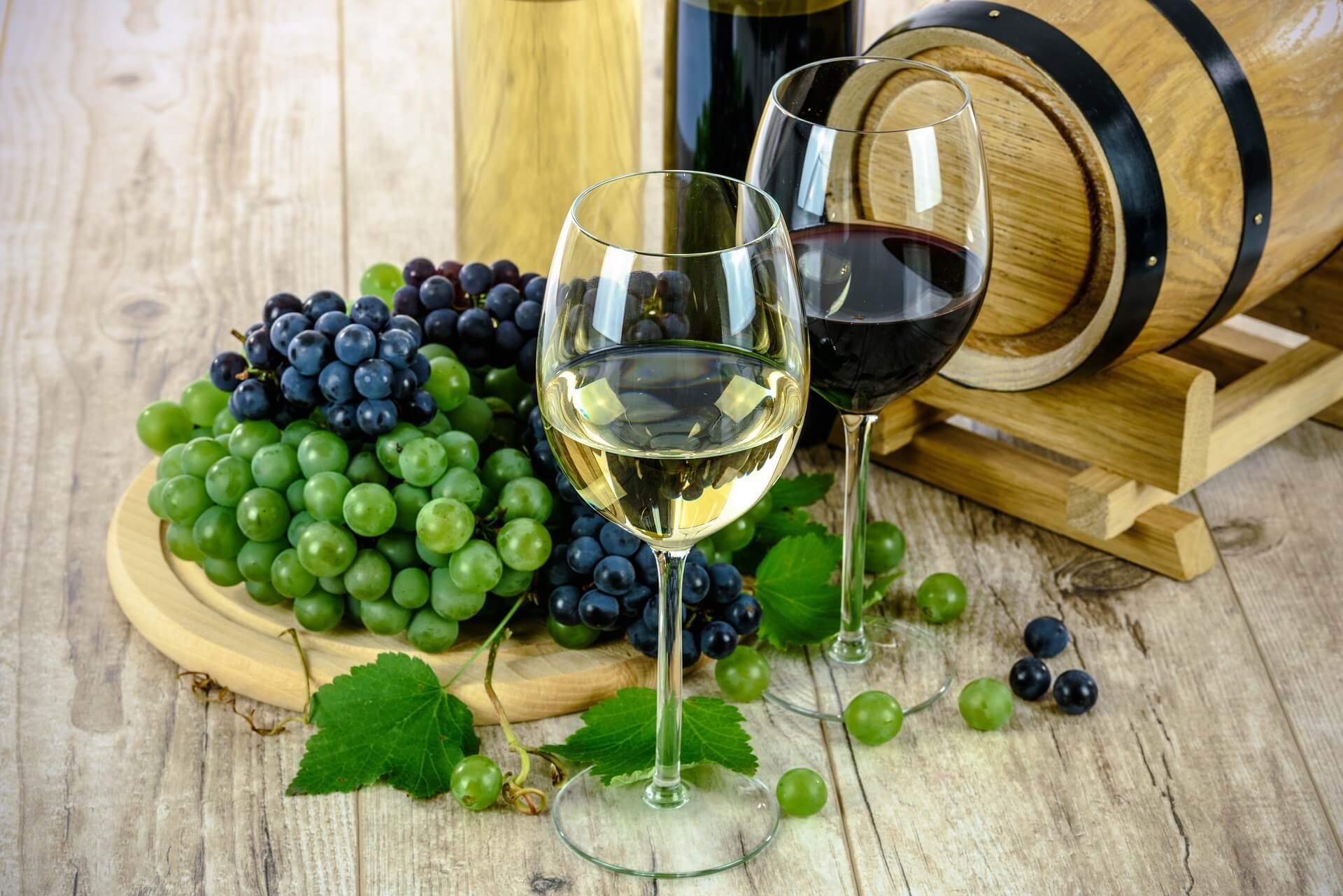
French cocktails are known for their elegance and sophistication, and have played a significant role in the development of the cocktail culture around the world. Some of the most famous French cocktails include the French 75, Sazerac, and the Vieux Carré.
The French 75 is a classic cocktail that was first created in 1915 at the New York Bar in Paris, which later became Harry’s New York Bar. It is made with gin, Champagne, lemon juice, and sugar, and is named after the French 75mm field gun, as the drink is said to have a powerful kick. The French 75 is a perfect cocktail for special occasions and celebrations.
The Sazerac is a classic New Orleans cocktail that was first created in the late 1800s. It is made with rye whiskey, absinthe, sugar, and Peychaud’s Bitters. The Sazerac is considered to be the first known American cocktail and is named after the Sazerac de Forge et Fils brand of cognac that was originally used in the recipe.
The Vieux Carré is another classic New Orleans cocktail that was first created at the Hotel Monteleone in the 1930s. It is made with cognac, rye whiskey, sweet vermouth, and Bénédictine, and is named after the French Quarter of New Orleans. The Vieux Carré is a rich and complex cocktail that is perfect for sipping after dinner.
Other classic French cocktails include the Kir, which is made with white wine and crème de cassis, and the Saint-Germain, which is made with gin, elderflower liqueur, and lemon juice. French cocktails are often served in elegant glassware, such as a Champagne flute or a martini glass, and are garnished with a twist of lemon or a sprig of mint.
In recent years, French mixology has undergone a renewal, with a new generation of bartenders who have been experimenting with new techniques and ingredients, while keeping the French touch. For example, the use of herbs, fruits and vegetables, and syrups made in-house. The use of absinthe in cocktails has also seen a resurgence in popularity, with bartenders using it as a key ingredient in modern twists on classic cocktails.
Some of the popular ingredients used in common French-inspired drinks, and some of the cocktails that are made with them, include:
- Wine – France is known for its wine production, with regions such as Bordeaux and Burgundy producing some of the world’s most famous and expensive wines.
- Champagne – This sparkling wine is produced in the Champagne region of France and is often associated with celebrations and special occasions.
- Pastis – This anise-flavored liqueur is popular in the south of France and is traditionally served with water and ice.
- Calvados – This apple brandy is produced in the Normandy region of France and is often served as a digestif.
- Kir – This cocktail is made with white wine and crème de cassis and is named after the French priest who created it.
- Kir Royale – This variation of the Kir cocktail is made with champagne instead of white wine.
- Sazerac – This classic cocktail is made with cognac or rye whiskey, absinthe, and sugar and is traditionally served in a chilled Old Fashioned glass.
- French Martini – This cocktail is made with vodka, Chambord (raspberry liqueur), and pineapple juice.
- Pernod – This anise-flavored liqueur is similar to Pastis and is often used as a substitute for absinthe in cocktails.
- Cointreau – This orange-flavored liqueur is often used in cocktails such as Margaritas and Cosmopolitans.
In conclusion, French cocktails are known for their elegance, sophistication, and rich history. From the classic French 75, Sazerac, and Vieux Carré, to the more modern creations, French cocktails continue to be a popular choice for those looking for a luxurious and refined drinking experience.

